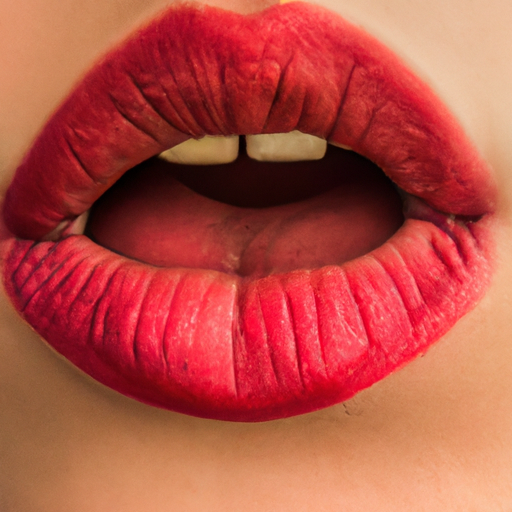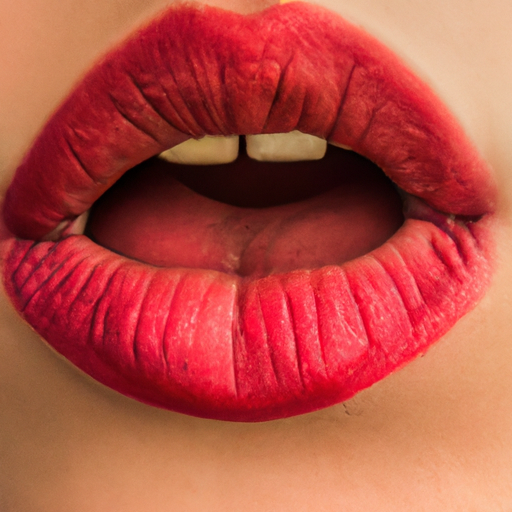Chapped lips, also known as cheilitis, is a common condition that many people experience, especially during the colder months. This condition is characterized by dry, flaky, and sometimes painful lips. Despite its prevalence, the causes of chapped lips remain a mystery to many. As a skincare expert, I will attempt to unravel the enigma surrounding the causes of chapped lips.
The primary cause of chapped lips is environmental factors. Exposure to harsh weather conditions such as wind, cold temperatures, and dry air can strip the lips of their natural moisture, leading to dryness and flaking. Unlike the rest of our skin, our lips lack oil glands, which are responsible for keeping the skin moisturized. This makes them more susceptible to drying out.
Dehydration is another significant cause of chapped lips. When your body is dehydrated, it lacks the necessary fluids to keep your skin, including your lips, hydrated. This can result in dry, chapped lips. Therefore, it’s crucial to drink plenty of water and stay hydrated, especially during hot weather or when you’re ill.
Certain lifestyle habits can also contribute to chapped lips. For instance, frequently licking your lips can cause them to dry out. Although it might seem like a good idea at the moment, saliva evaporates quickly, leaving your lips drier than before. Additionally, some people have a habit of breathing through their mouth, especially during sleep, which can also lead to dry lips.
Moreover, certain medications and health conditions can cause chapped lips. Some drugs used for acne treatment, high blood pressure, or thyroid disorders can lead to dryness of the skin and lips. Health conditions such as diabetes, hypothyroidism, and skin disorders like psoriasis or eczema can also cause chapped lips.
Lastly, allergic reactions or sensitivities to certain lip products or foods can result in chapped lips. Ingredients like fragrances, dyes, and certain preservatives found in lipsticks, lip balms, and other lip products can cause an allergic reaction leading to dry, chapped lips. Similarly, certain foods can cause a similar reaction.
In conclusion, the causes of chapped lips are multifaceted and can range from environmental factors to underlying health conditions. It’s important to understand these causes to effectively prevent and treat chapped lips. Regularly moisturizing your lips with a good lip balm, staying hydrated, avoiding lip-licking, and being mindful of potential allergens in lip products and foods can help keep your lips soft and healthy. If your chapped lips persist despite these measures, it may be a sign of an underlying health condition, and you should seek medical advice. Unveiling the mystery behind chapped lips allows us to take better care of our lips and overall health.




